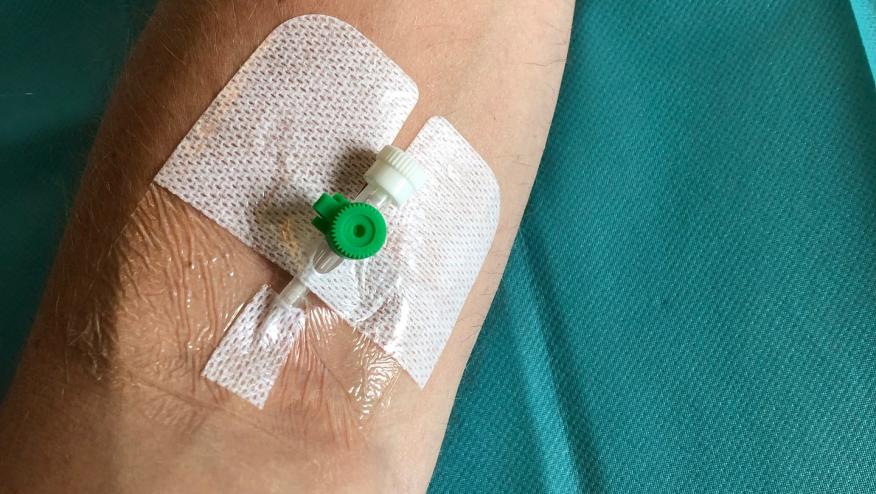BEAT LUPUS - Belimumab after Rituximab in SLE Save

A recent trial published in Annals of Internal Medicine analyzed the effects of B-cell depletion (rituximab) followed by B-cell suppression (belimumab) and showed effective lowering of anti-dsDNA titers and and fewer severe flare in patients with systemic lupus erythematosus (SLE).
The BEAT-LUPUS trial is one a several novel trials assessing sequential biologic therapy in lupus patients who are refractory to conventional therapy. The rationale being that prior trials of belimumab (B cell depletion) were unsuccessful, possibly because of the rebound elevation of B-cell activating factor (BAFF) levels after rituximab (RTX); thereby the utility of belimumab *(BEL), a BAFF inhibitor.
This Phase 2 trial enrolled 52 refractory SLE patients on usual therapies. The primary endpoint was a reduction in dsDNA titers. All patients were treated with 2 infusions of rituximab and 4 to 8 weeks later were randomly given intravenous belimumab or placebo for 52 weeks.
The 52 weeks outcomes showed:
- Lower dsdNA titers with Combo RTX/BEL compared with placebo (47 vs. 103; 70% greater reduction from baseline [CI, 46% to 84%]; P < 0.001).
- Fewer BILAG A Flares: (hazard ratio, 0.27 P = 0.033) with 10 severe flares in the placebo group and 3 in the belimumab group.
- No increase in serious adverse events with combo RTX/BEL.
- B-cell repopulation was less ( 0.012 to 0.014 vs. 0.037 to 0.081)
This small study lends further support for a larger trial of sequential biologic therapy using RTX and BEL in active SLE patients.










If you are a health practitioner, you may Login/Register to comment.
Due to the nature of these comment forums, only health practitioners are allowed to comment at this time.